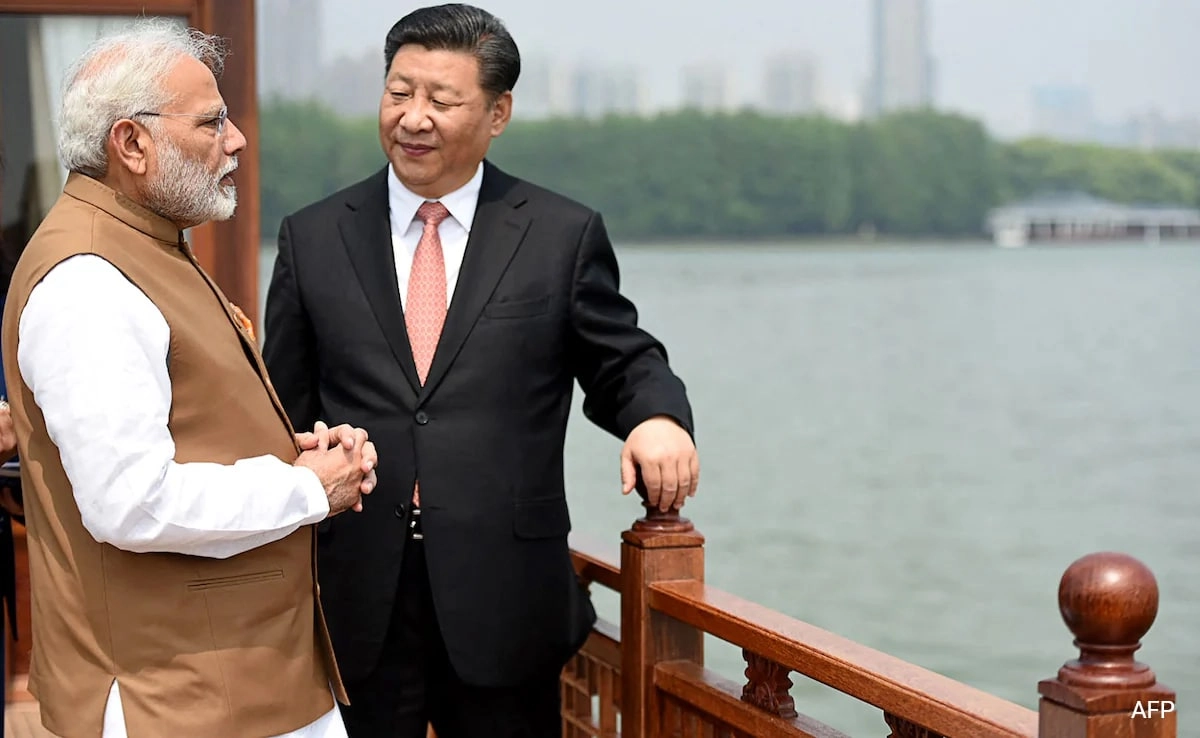The recent remarks by the Uttar Pradesh Minister regarding the “Ganga At Doorstep” initiative have sparked significant controversy and opposition from various political factions. The Minister’s statement aimed to highlight the government’s efforts to bring the sacred Ganges River closer to the people, suggesting that the initiative would facilitate easier access to the river and enhance its cultural and spiritual significance. However, many critics have interpreted this claim as an exaggeration or a political ploy, arguing that it overlooks the ongoing environmental issues and the river’s deteriorating condition.
Opposition parties have been quick to counter the Minister’s assertions, emphasizing that despite the government’s rhetoric, substantial work remains to be done to clean and preserve the Ganges. They argue that instead of focusing on announcements, the government should prioritize actionable plans that address pollution and ecological degradation affecting the river. Activists and environmentalists have also raised concerns about the impact of urbanization and industrial effluence on the Ganges, arguing that merely bringing the river “to the doorstep” does little to resolve the fundamental issues threatening its health and sanctity.
Furthermore, this situation highlights a broader debate about the role of political narratives in environmental management. Critics contend that while the initiative may have altruistic intentions, it risks reducing a complex environmental issue to a simplistic slogan. They argue that genuine engagement with local communities and stakeholders is essential to ensure sustainable practices that protect the Ganges for future generations. As the opposition continues to challenge the government’s approach, it remains to be seen how the administration will respond to these critiques and whether substantive changes will follow the Minister’s controversial statement. The discourse surrounding the Ganges underscores the need for a balanced approach that integrates cultural reverence with ecological responsibility, a challenge that lies at the heart of contemporary environmental politics in India.




